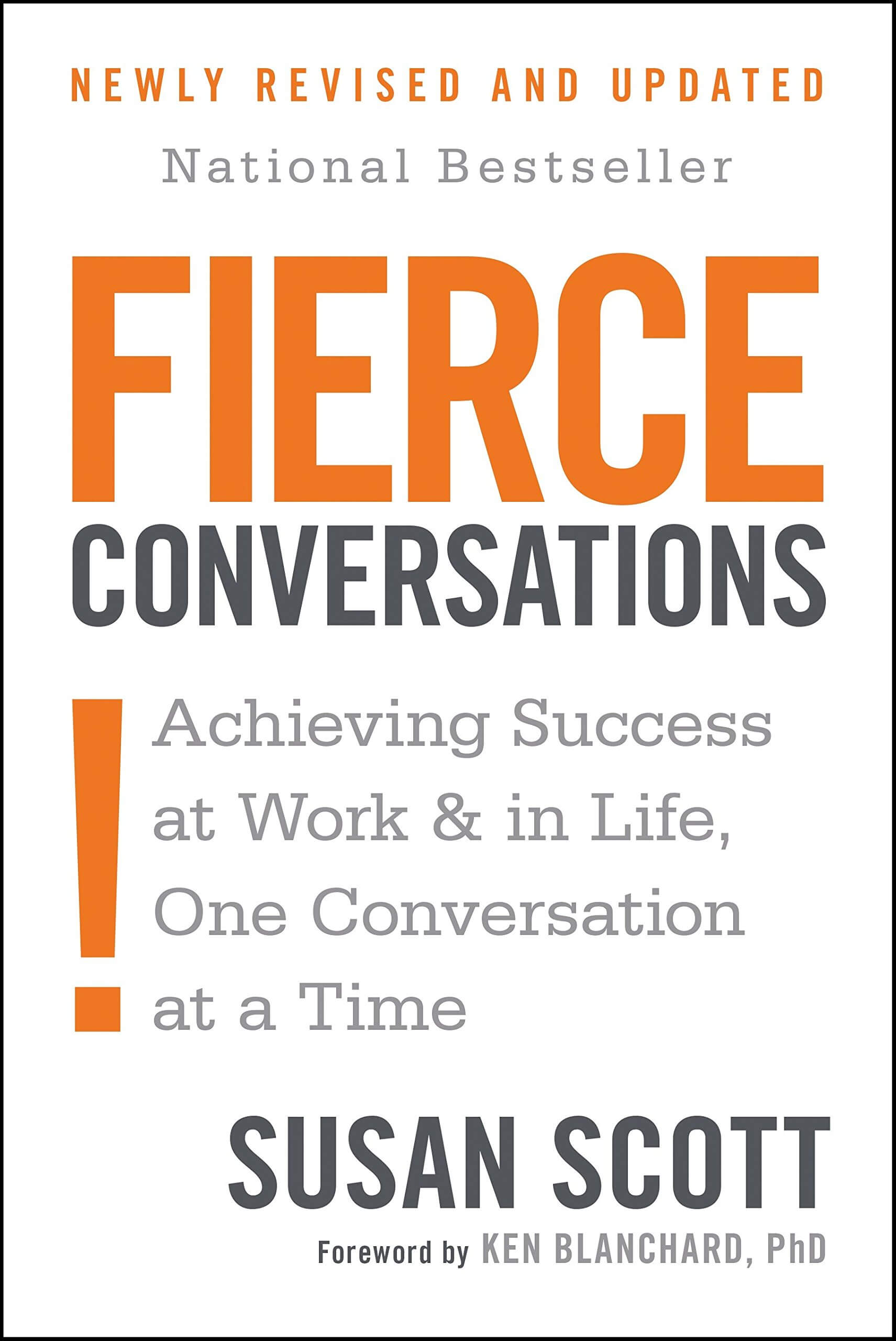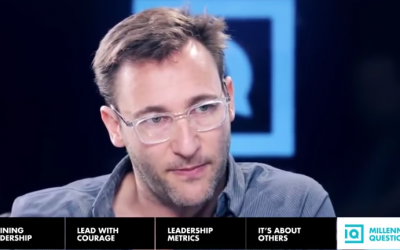I’ve been thinking about the emotional energy we exchange in our conversations and how this energy affects our relationships. That cause and effect reminded me of something I read in a book by Susan Scott called Fierce Conversations: “The conversation is not ABOUT the relationship. The conversation IS the relationship.”
That was such an ‘aha!’ moment for me. When we get hung up on what we’re talking about, we miss that the engagement itself is the relationship, and that these conversations affect the flow of how we relate, how we understand, and how we connect with each other.
Scott describes how our conversations transfer positive or negative emotional energy using the illustration of a speedboat creating a wake. Every conversation creates an emotional wake, a flow of positive or negative emotional energy. Afterward, we feel something, which Scott calls “afterglow, aftermath, or aftertaste.” While we may not always connect those feelings with that conversation, we carry these feelings into other interactions.
So, how do we enrich our relationships through our conversations, sharing positive energy, even when the conversation is about a difficult or touchy subject? This begins with reminding ourselves, regularly, that the conversation is the relationship. As we apply that idea, it naturally causes us to take responsibility for the emotional energy we’re transferring. Here are three tools that have helped me with that habit, and I know they will help you too.
The first tool is to practice the conversation before the conversation. Because it’s so easy to be misunderstood and unintentionally hurtful, especially when there’s upset or confusion, it helps to have a conversation with ourselves before we have a conversation with someone else. For me, that begins with asking, “How am I enriching this relationship?” and following that up with “How can I do so with this conversation?” Every conversation will have a crossroads, a point at which everyone is better, someone is better, or no one is better, because of that conversation. When I take responsibility for helping everyone in the conversation be better, I am more aware how that conversation is helping or hurting the relationship.
That awareness is the next tool to create that positive wake. It asks the questions, “What am I really saying to the other person?” and “What are they really wanting to say to me?” These questions cause us to listen with more intention, shifting our focus to include both what we’re wanting in the conversation and what the other person wants or needs. In unpacking this idea, Scott refers back to the speedboat. The pilot should mind their speed, not because they don’t have the right to pilot the boat where they please, but because their speed will affect other boats. If we speed through a No Wake Zone, we may cause damage, and when we speed through a conversation without intentional awareness, we may transfer negative emotional energy.
Third, when we take responsibility for the emotional wake in our conversations, we learn to stop making loaded statements. These include blaming, name calling, assigning labels, sarcasm, exaggerations like “this ruins everything,” or accusations such as “you always do that” or “you’re saying this, but what you really mean is…”
When we avoid these loaded statements and, instead, use connective, inviting language that shows a desire to understand and appreciate the other person, we create a positive flow of energy, even in the midst of a difficult conversation. This positive wake will continue to ripple out, flowing between that conversation and the next, building the foundation for better, healthier relationships.
A version of this article was originally published in the April 2021 issue of Sandpoint Living Local / Coeur d’Alene Living Local.
Curiosity and other ways to conquer fear
At its core, curiosity is about learning truth rather than assuming truth, seeking new information rather than letting the past define us…
How influential leaders earn trust
Ask most people how to earn trust and expect to hear something along the lines of “keep your word…” or “live up to expectations…” While these are important aspects of building trust in any relationship, these are not the only ways to earn and maintain trust. Consider,...
This key shift will help you become a more influential leader
Sometimes, leadership feels harder than it should be. Certain things need doing, your team is clear on the objective, and those action items still aren’t getting done. Even when they are, you can feel the lack of enthusiasm for the work. Sometimes it manifests as...
What game are you playing?
Have you ever considered how the language you use affects your ability to be an influential leader? When you listen to how some leaders speak, it sounds like their team is competing for a Super Bowl ring. “Crush the competition…” “Let’s be #1…” “Tackle that challenge…” “Let’s get this win…”
These key insights into Millennials can energize your organization
Hey leaders, did you know your real job is not ‘being in charge’? Your chief responsibility is taking care of those who look to you to lead them. That was the message delivered by author and international leadership development consultant Simon Sinek…
Autocrat or Influencer? Take the Quiz!
Most leaders don’t like to think of themselves as autocrats. Domineering people who lead by denigrating others and expect total obedience. However, in many cases…









0 Comments